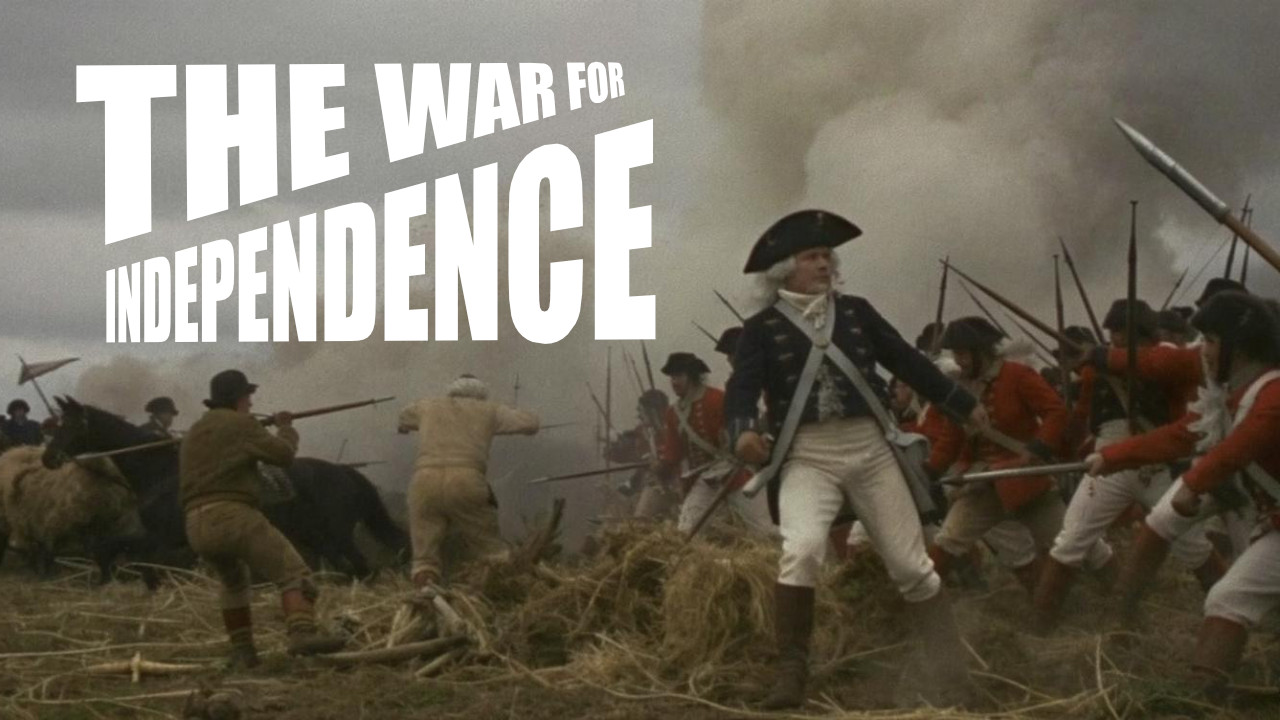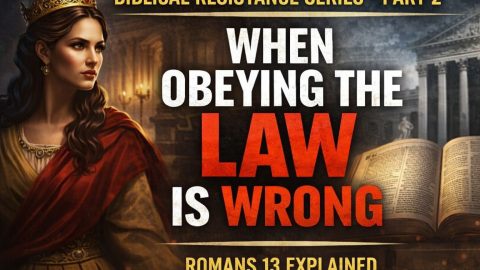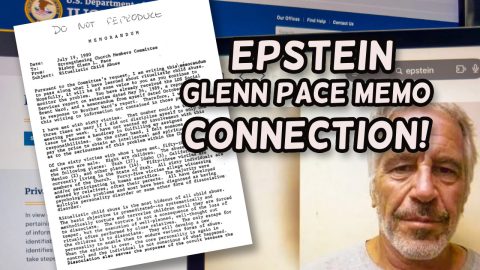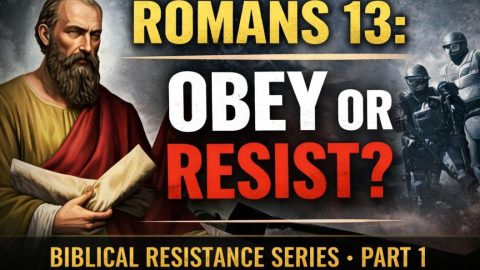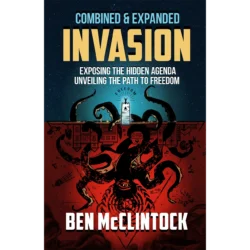Did you know that the Fourth of July is NOT America’s birthday? When is it? Why did we break away from England in the first place? Has America lived up to her promise? Find out!
This is an excerpt from “Independence Month,” which you can watch in full, for FREE, here: https://www.dropbox.com/scl/fi/cujwjd97pkst6amgyafa0/july-25-2022-independence-month.mp4?rlkey=175ddlkr446hgf0yjedcrjw8m&st=tc0dl2yd&dl=0
Help support ad-free content with a one time donation or becoming a member today.
Thank you to our sponsors
https://connollyandsonsconcrete.com/
https://www.dentistry4health.org
http://www.highercallingfirearms.com
http://www.americanappliancehvac.com
https://insurewithcompass.com/sbarlow.html
TRANSCRIPT
Something that, especially those of us out in the West, need to really start to understand is that we don’t just celebrate Independence Day on July 4th. July is actually Independence Month for us. This is the month of July. There are two major cultures that saw an out-of-control, tyrannical government and declared independence. And so that’s what I want to get into and talk about—the principles of independence, what that means, what we’re supposed to be doing, what brings into that.
So July 4th, we celebrate the colonies’ independence from England. And we need to understand—people say this over and over again. I didn’t want to be like, you know, that meme that’s like, “Well, actually…” No. But it’s not. July 4th is not the birthday of the United States. It’s the day that we got divorced. It’s the divorcement date of 13 independent nations from England, and they became 13 independent countries. And they called them colonies because they were subsets of the English Empire. But as soon as they declared independence, they were 13 independent nations.
Now, today, because of the way that the culture has changed, we think of states as different than nations. We think of states almost like colonies. But states—the nation-state, right? There’s the nation-state. There’s the state of Israel, right? The word “state” means the government. It’s not a subsidiary of anything. It’s the government. It’s the nation. And so we were 13 independent states—nations. And you could say that the birthday of the United States would be September of 1787, but the birthday of America is not in July of 1776. So we need to understand that principle right there.
And then we get into—okay, I want to quote from the Declaration of Independence some principles that it lays out. It says, “When in the course of human events, it becomes necessary for one people to dissolve the political bands which have connected them with another.” Okay, so there are points throughout history where people that are connected together need to separate themselves. That’s a natural principle. It’s not an extremist idea. It’s just a natural idea that there are points where things come about where two different groups of people need to separate themselves from the other group. “And to assume among the powers of the earth, the separate and equal station to which the laws of nature and of nature’s God entitle them.” So it’s a natural law principle. And that when we do this—this new separated entity—we are a separate and equal station. It’s not like we’re a little brother. We’re an independent country, and we have equal station under God.
“That whenever any form of government…” So now we get into the principle of what allows these events in human history to lead to the dissolving of political bonds. “Whenever any form of government becomes destructive to these ends, it is the right of the people to alter or abolish it.” Okay, they have the option to do either one. If it won’t be altered, if that’s not in the cards, it’s their right to abolish it—to separate themselves—to institute new government. So in the Declaration of Independence, they didn’t abolish England. They just abolished their connection to it. And they instituted new government, “laying its foundation on such principles and organizing its powers in such form as to them shall seem most likely to effect their safety and happiness.” It’s their job to be united in these ideas, and as they’re united, they come together to effect their safety and happiness.
Samuel Pufendorf talked about this idea. They do this to form safeguards. They gather together to form a government to create safeguards against the depravity of mankind. “To avoid that danger, agreeable men join forces by interweaving their interests and safety, forming confederacies for their mutual safety and support. To achieve this purpose, those who seek it should be firmly joined together.” So that’s when people unite.
And then there’s a time in the future that might happen where they—just like the Declaration of Independence says—that they need to dissolve that unity. And Pufendorf explains that situation, what leads to it dissolving: “Among those which join together to form a government in a country, it is absolutely requisite that there be a perfect consent and agreement concerning the use of the means of government.” There has to be a unity. If there’s a massive division on the use of government amongst the people, they cannot exist in peace. “If they do not agree with themselves but are divided and separated in their opinions, they will be divided into parties and will clash.” If you’re in a culture and a society that is not united in these principles, you will lead to conflict and strife. It is just what happens. You throw a ball up in the air, it’s going to come down.

